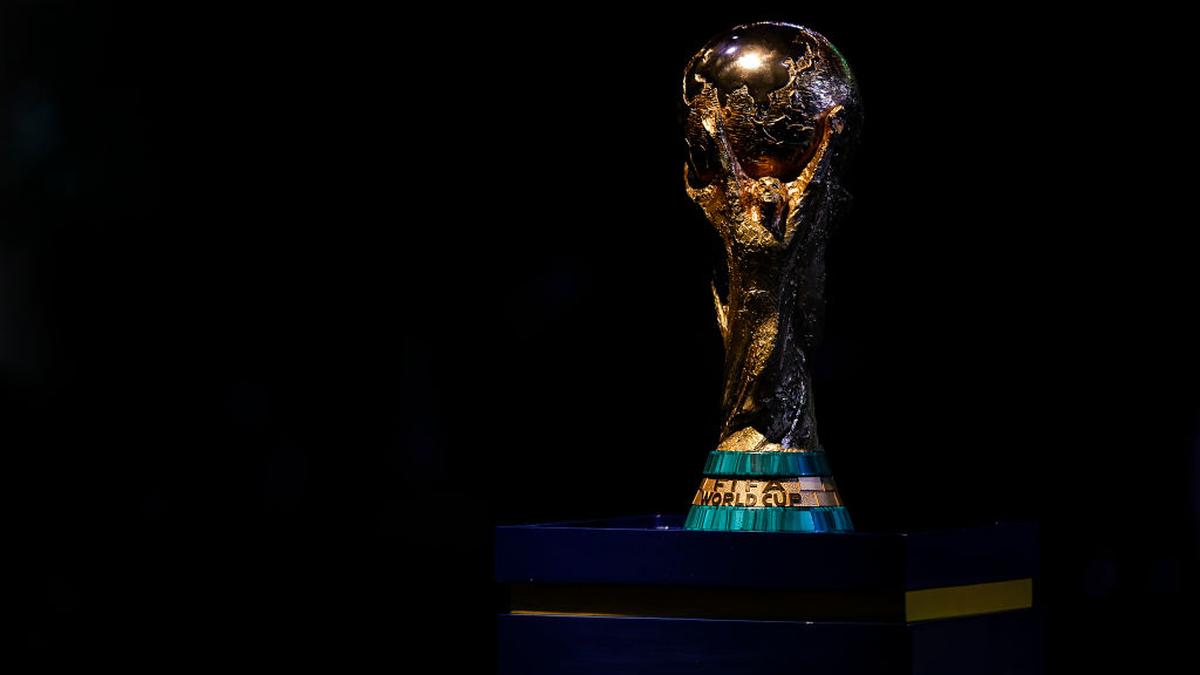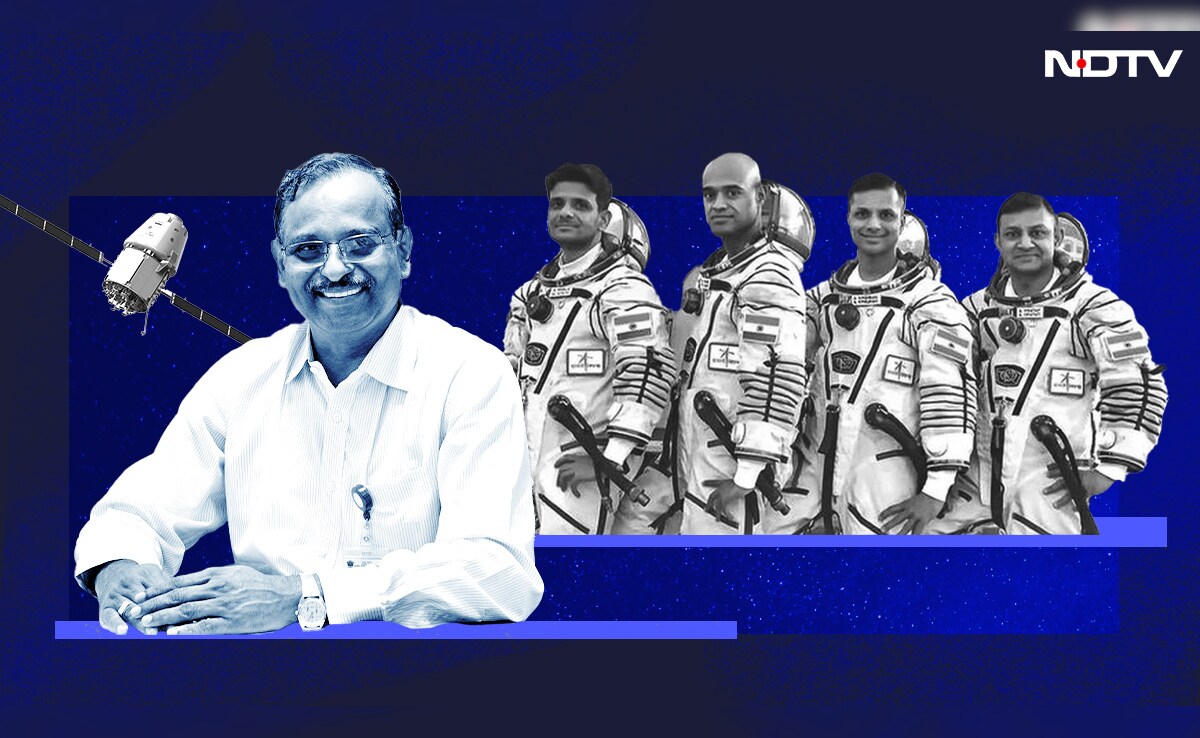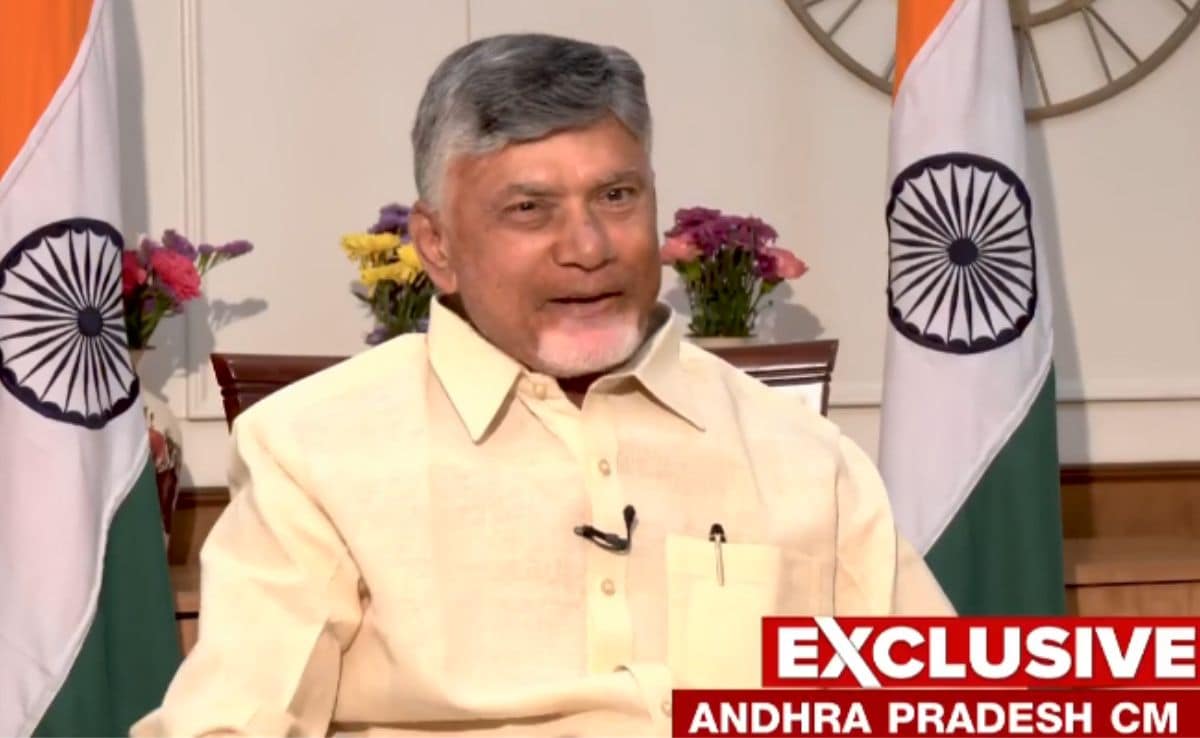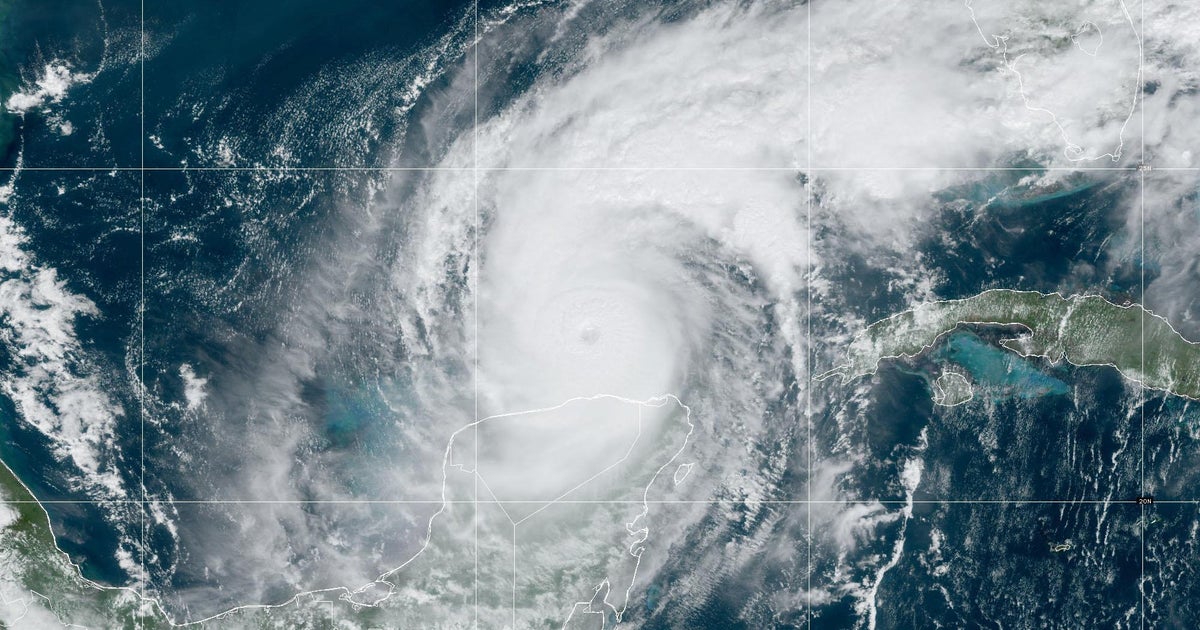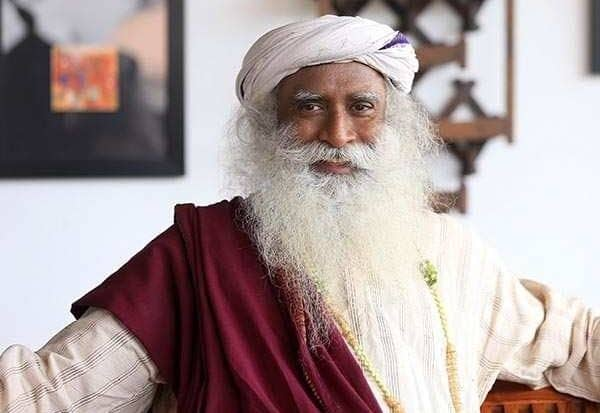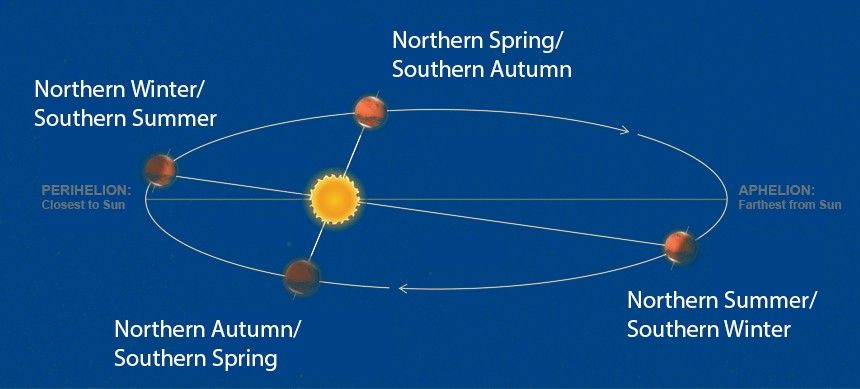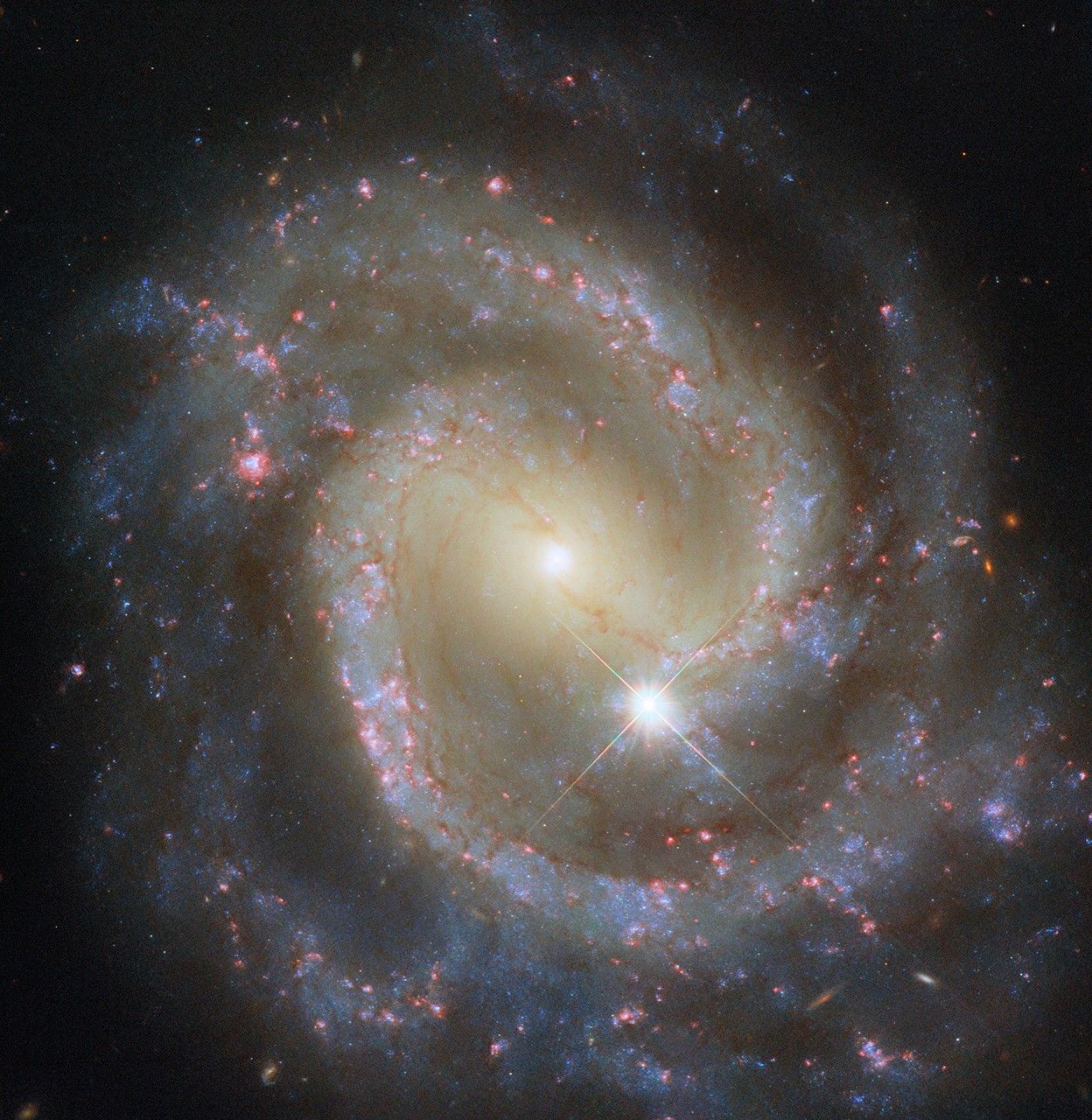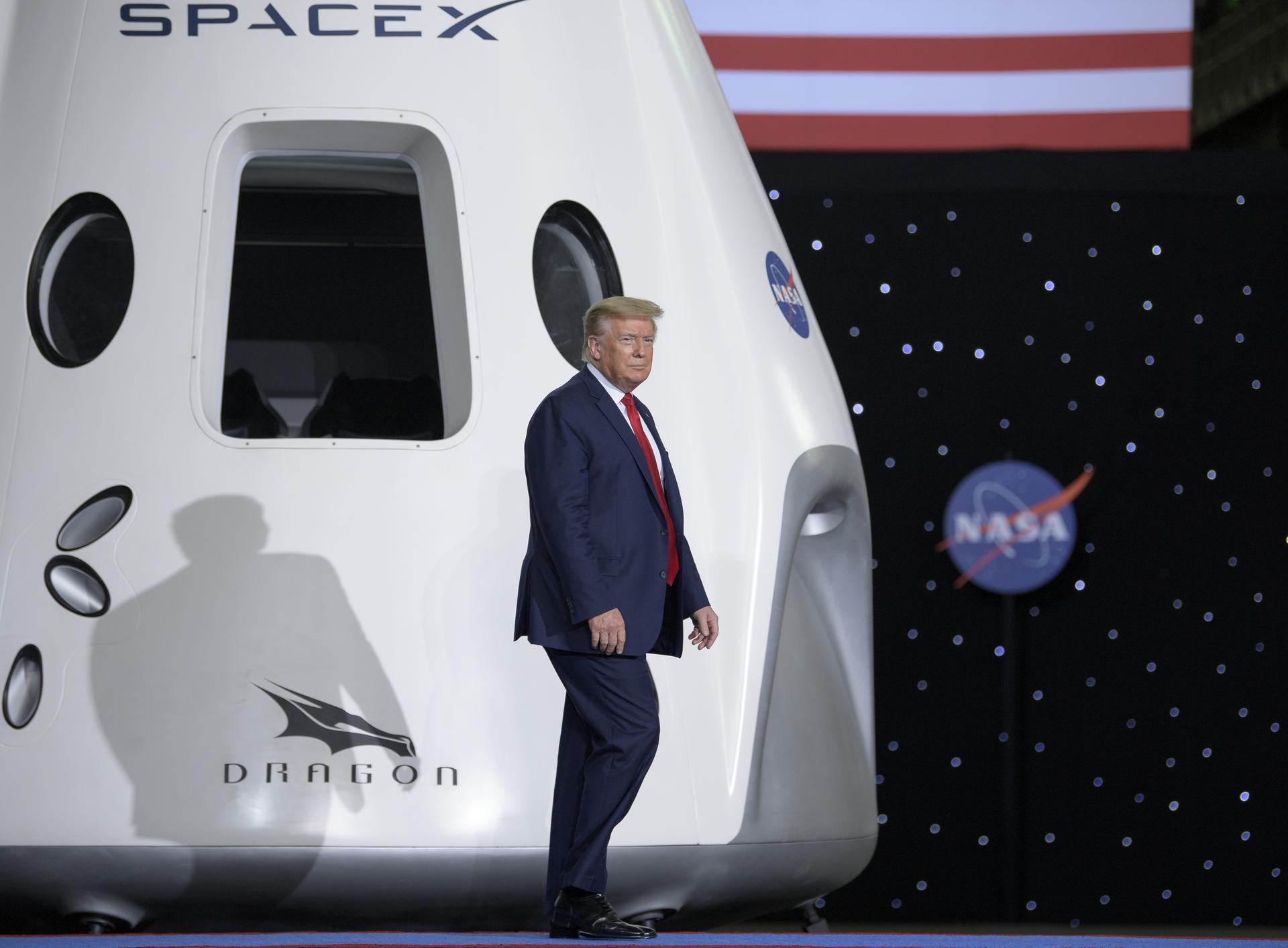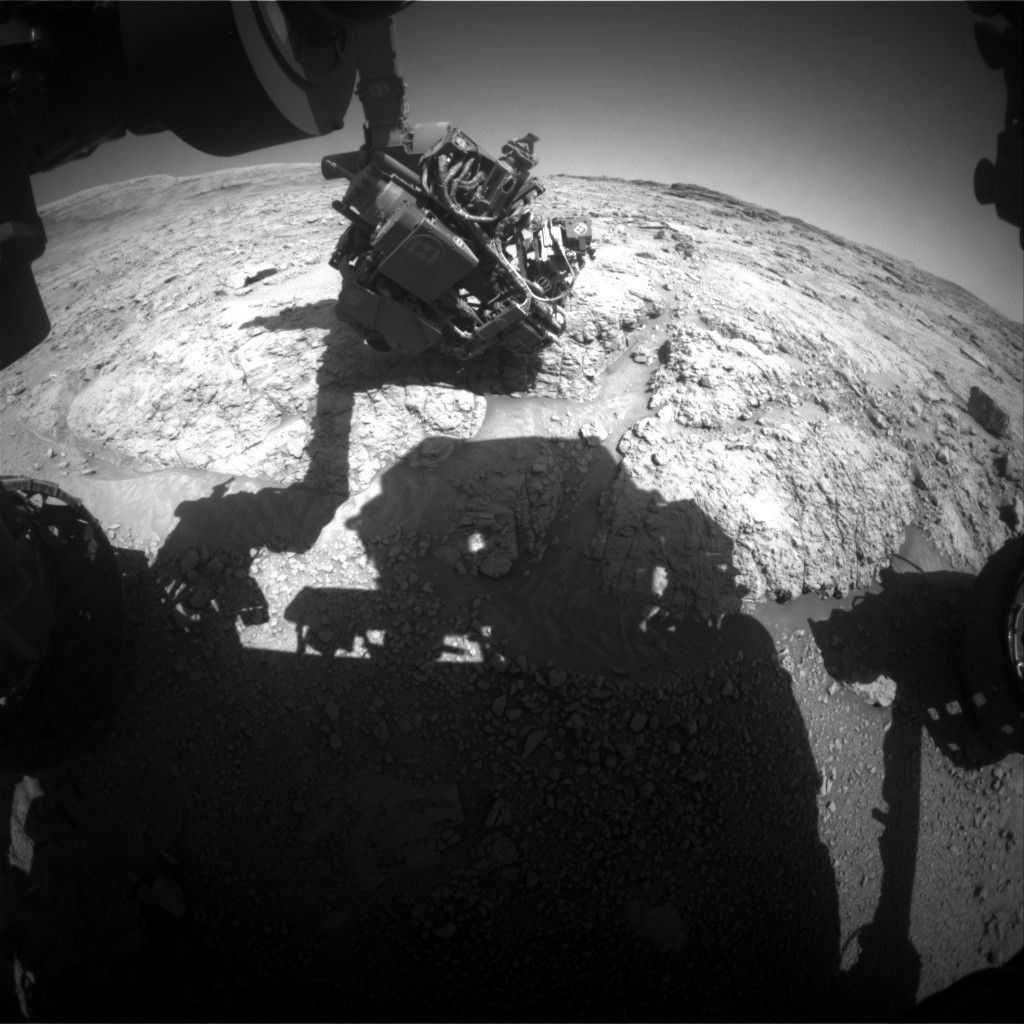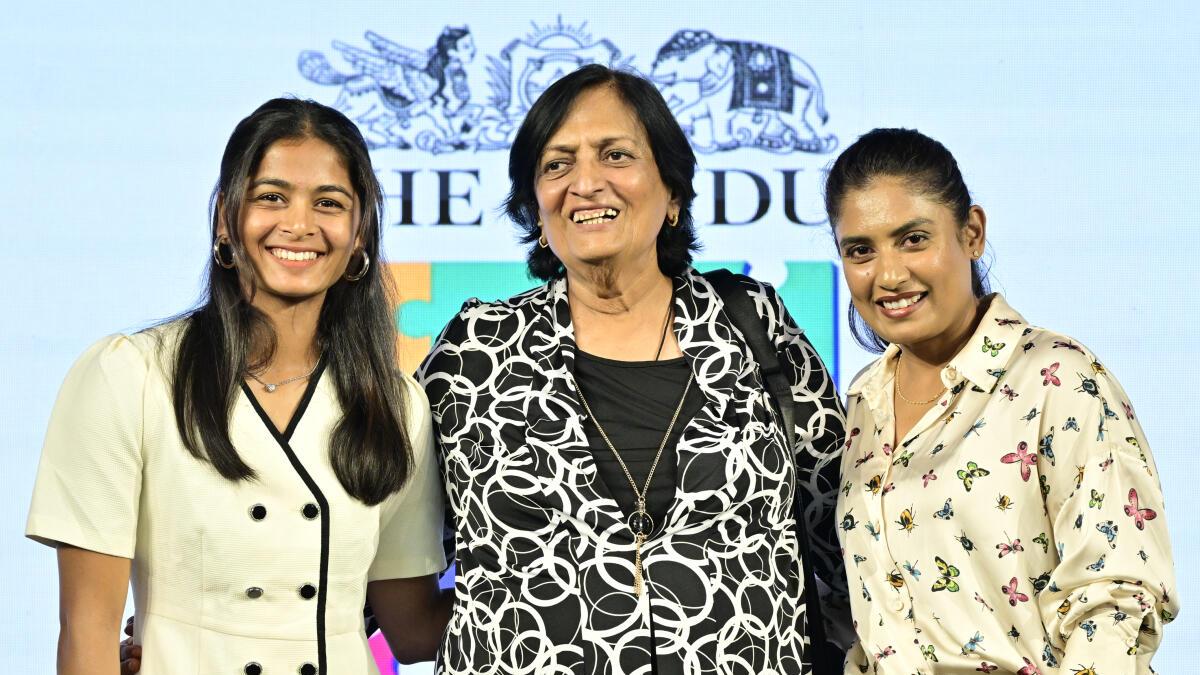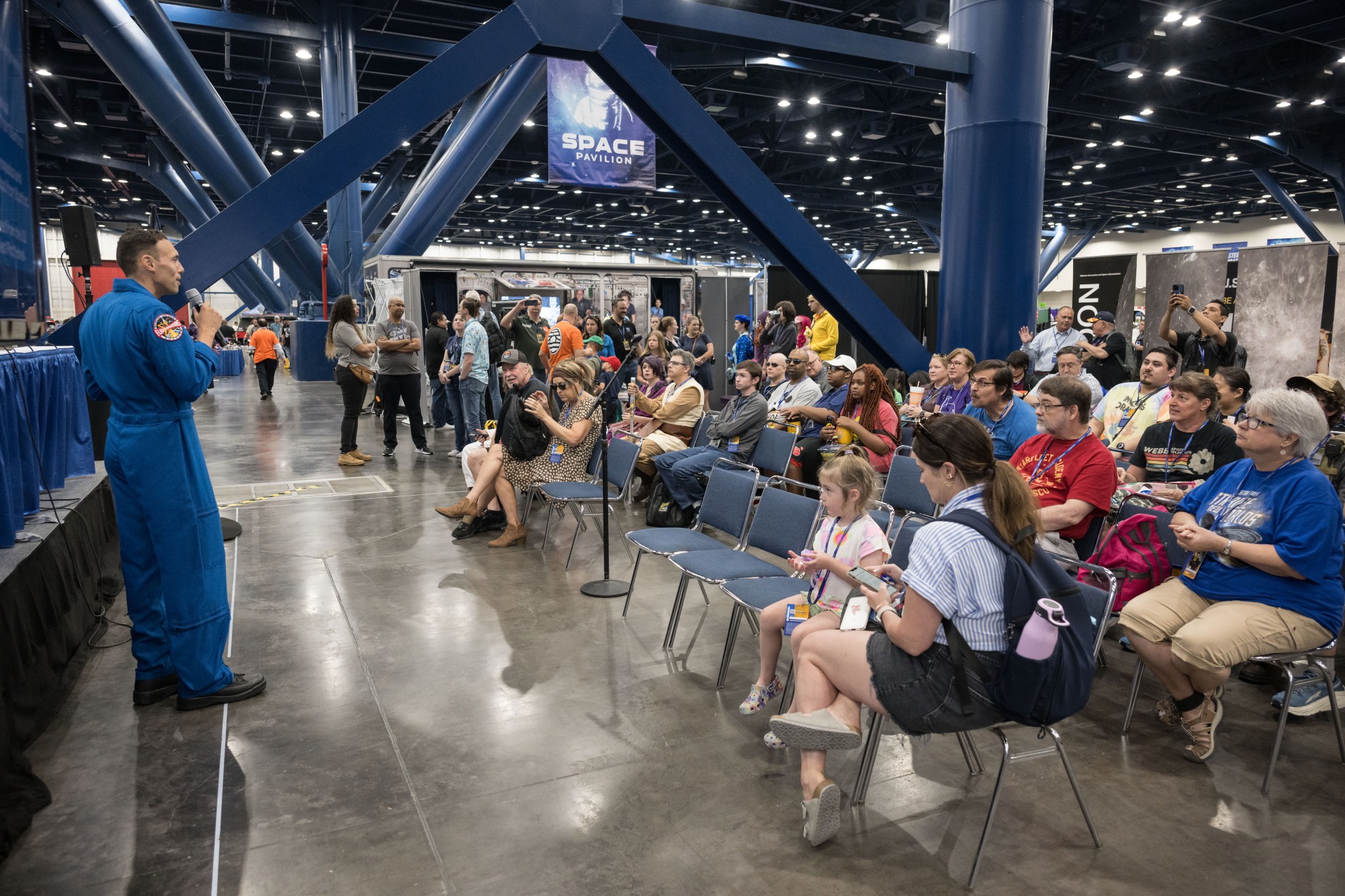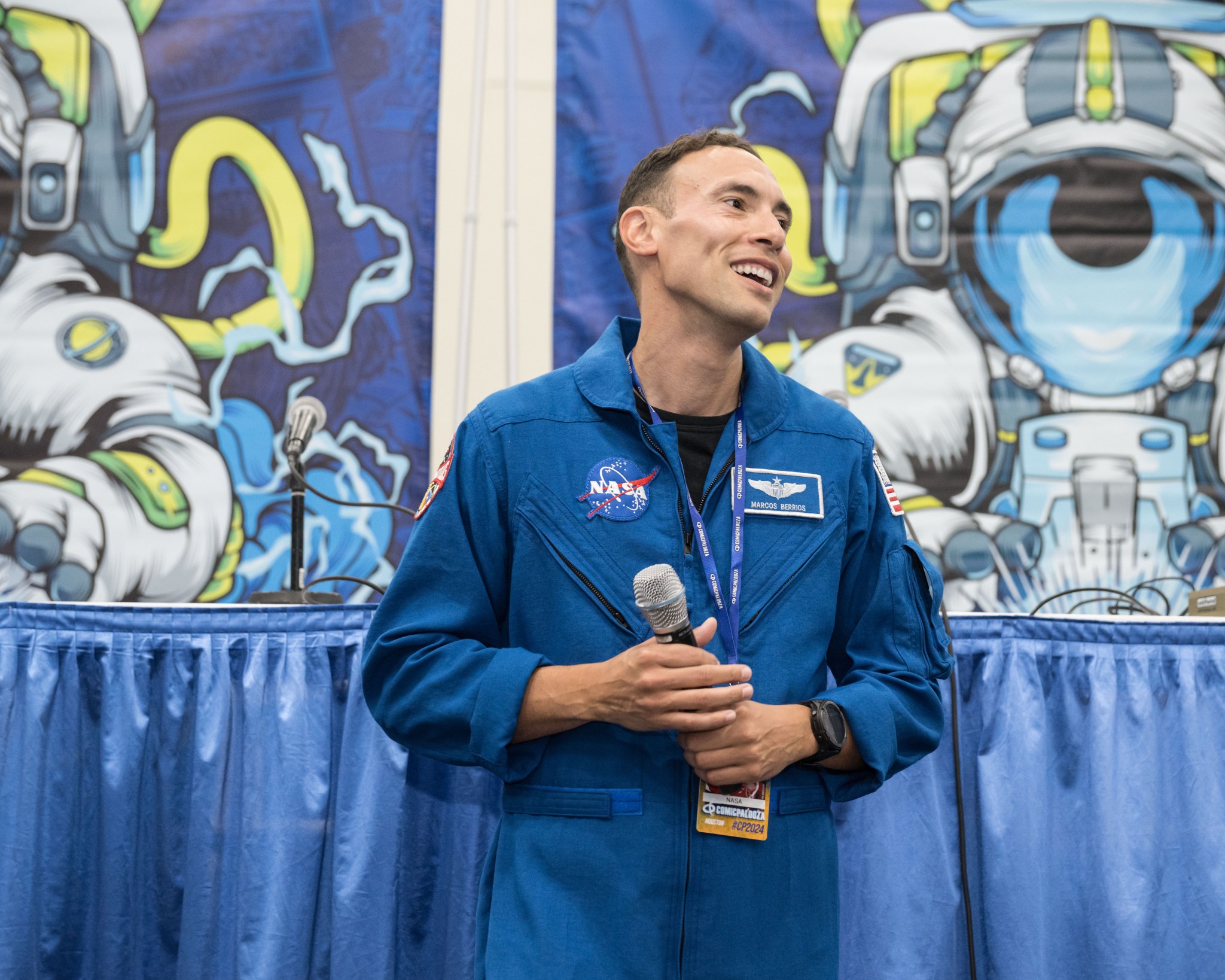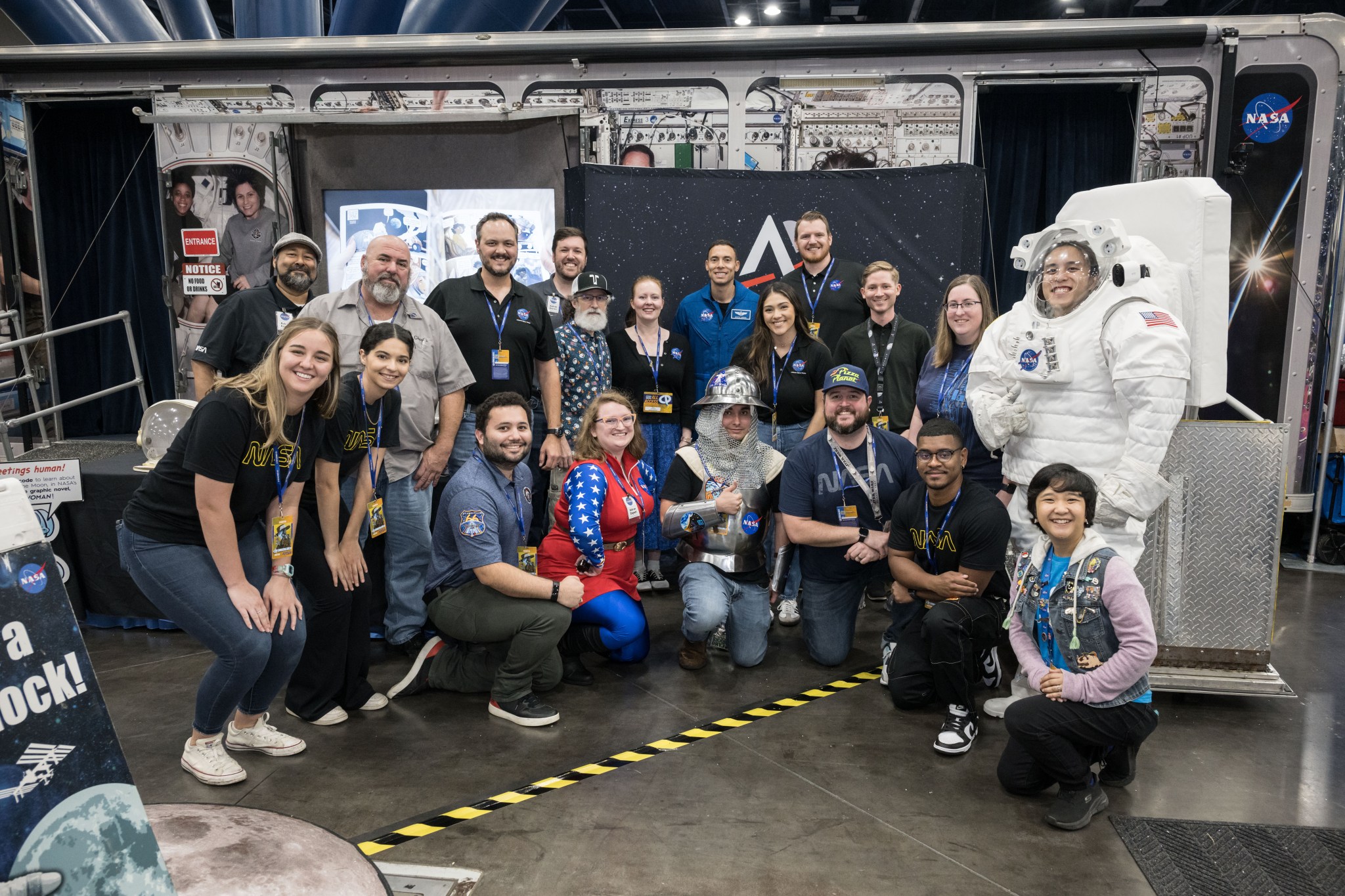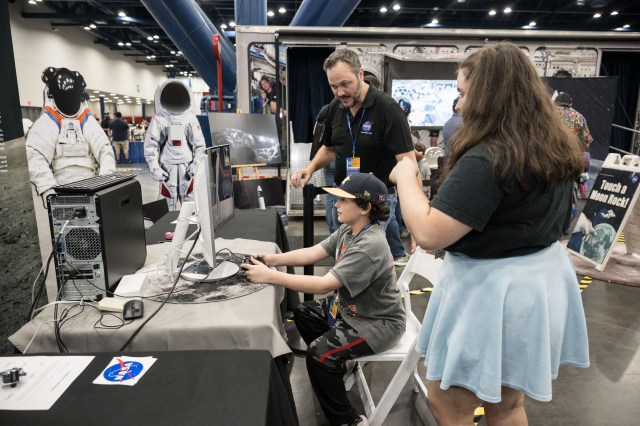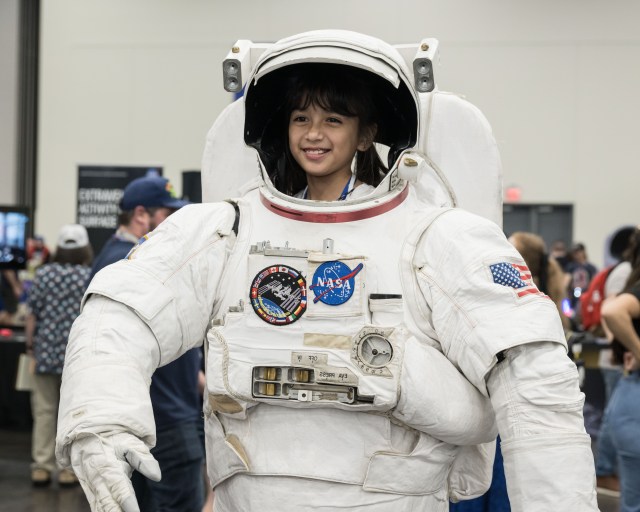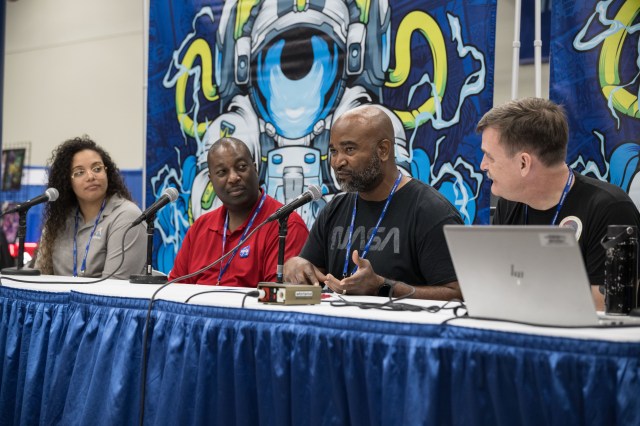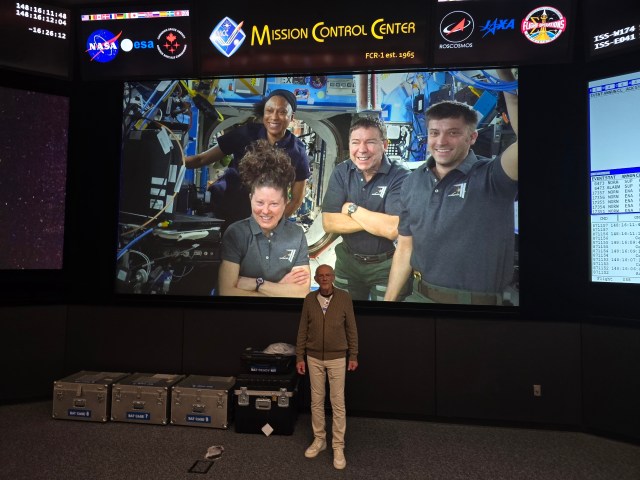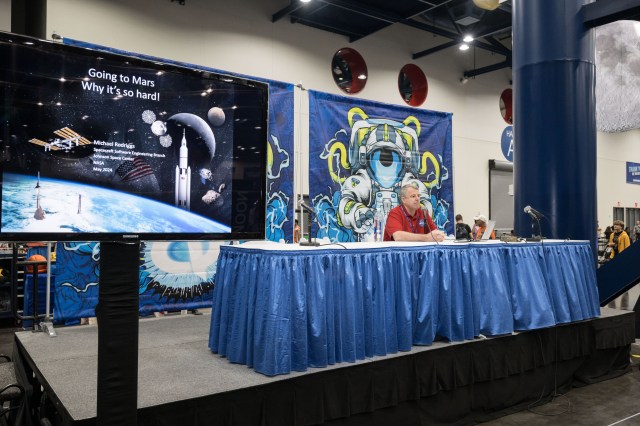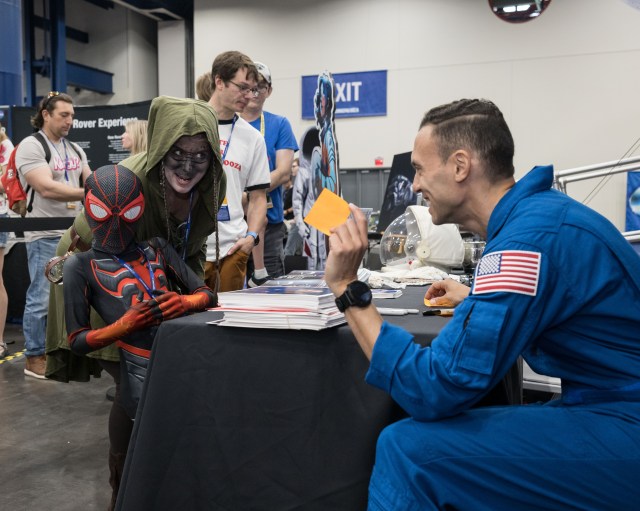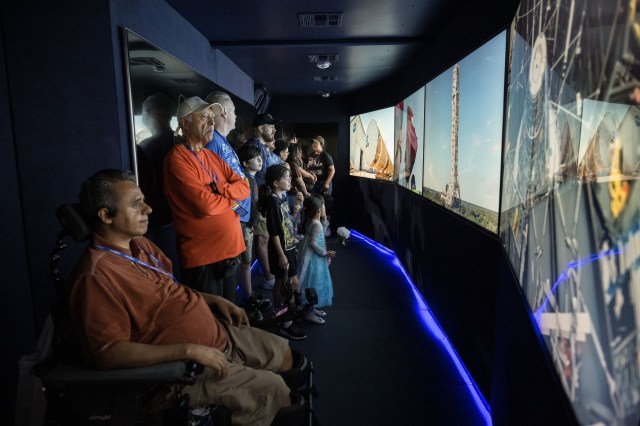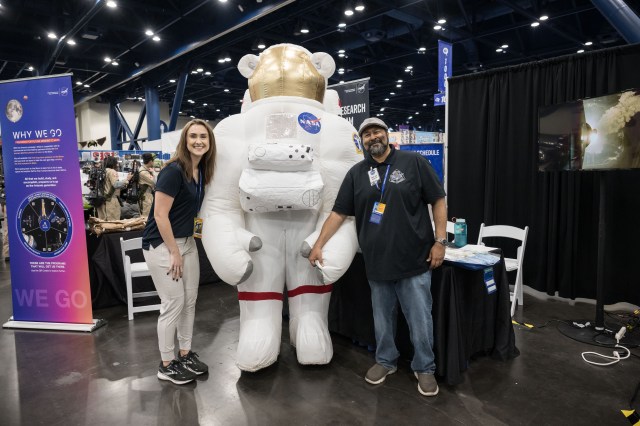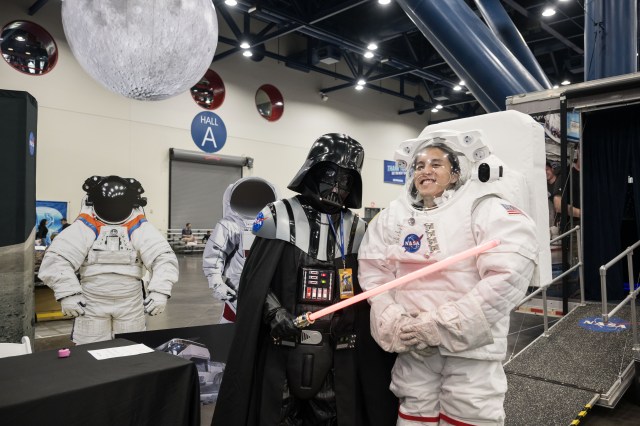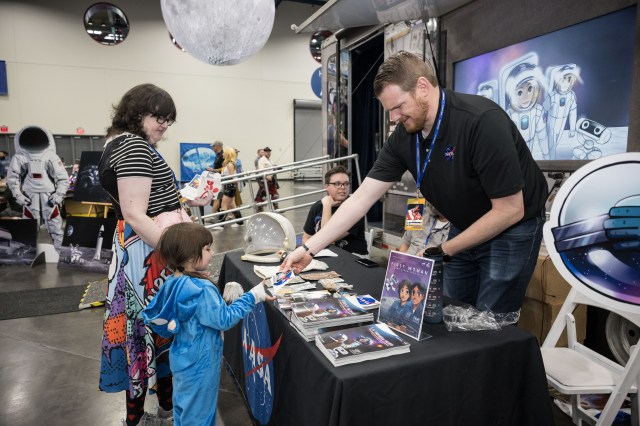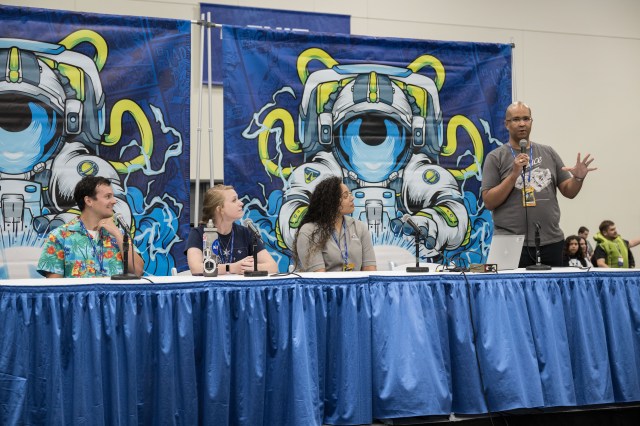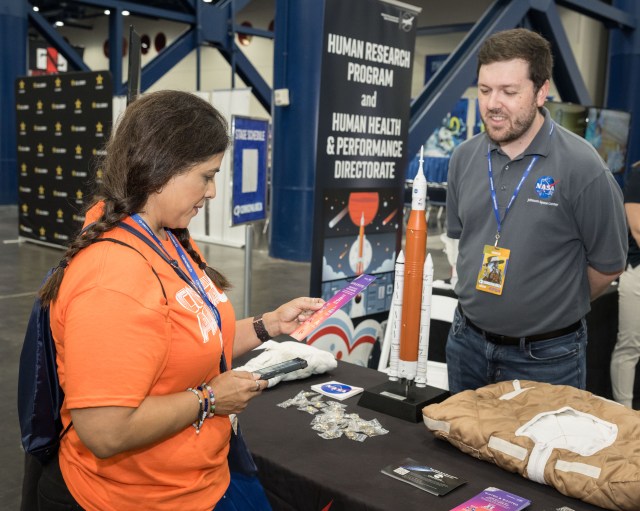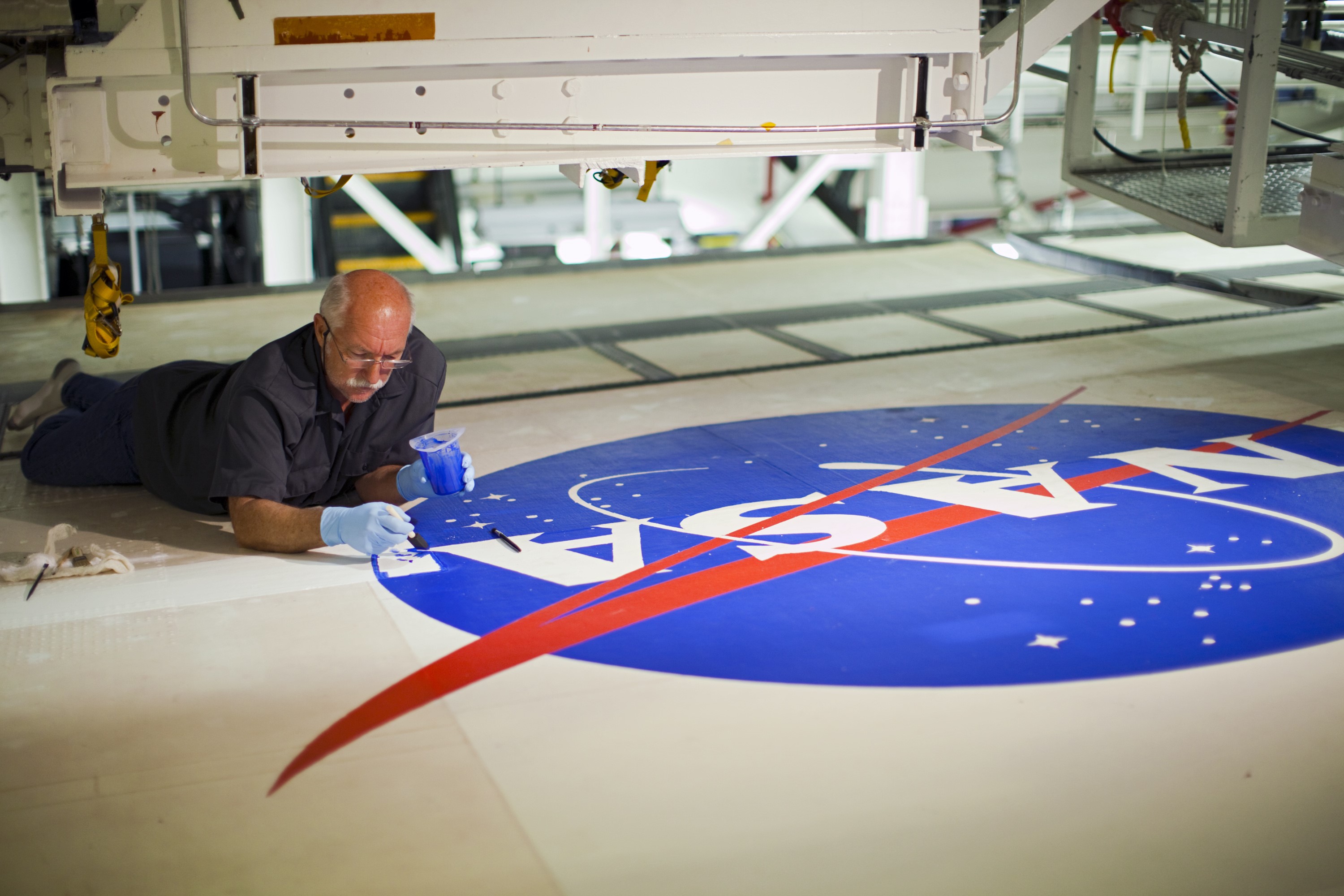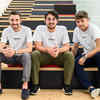NASA Excites Over 52,000 Fans at Comicpalooza
Comicpalooza, the largest annual pop culture festival in the southern United States, is home to thousands of comic book, science, anime, and gaming fanatics in Houston. Guests have the opportunity to celebrate their passions through a variety of entertainment, panels, and meet and greets. NASA’s Johnson Space Center has participated in Comicpalooza’s festivities for the […]
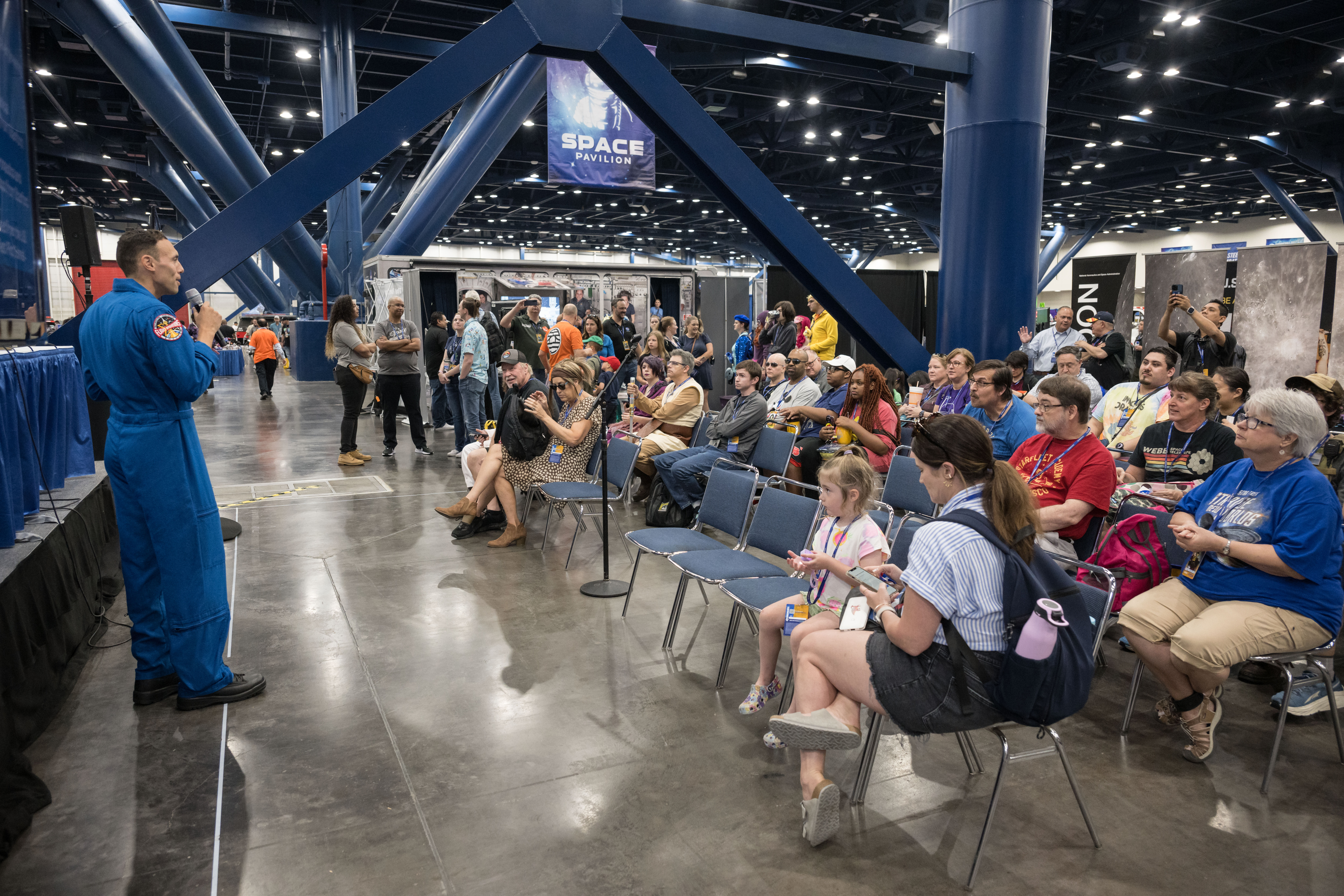
Comicpalooza, the largest annual pop culture festival in the southern United States, is home to thousands of comic book, science, anime, and gaming fanatics in Houston. Guests have the opportunity to celebrate their passions through a variety of entertainment, panels, and meet and greets.
NASA’s Johnson Space Center has participated in Comicpalooza’s festivities for the last decade, giving attendees the chance to interact with NASA experts and learn more about human space exploration and the agency’s mission.
Over 52,000 fans attended this year’s Comicpalooza, held May 24-26 at Houston’s George R. Brown Convention Center. NASA shared with them the exhilarating future of the Artemis campaign that will take humans further in space exploration than ever before, plans for human exploration of the Moon and Mars, and showcased innovative spacesuits, lunar terrain vehicles, and spacewalk tools. Fans also had an opportunity to meet and take photos with NASA astronaut Marcos Berríos.
The NASA exhibit featured immersive experiences with the Extravehicular Activity and Human Surface Mobility Program; Exploration Architecture, Integration, and Science Directorate; Human Health and Performance Directorate; and STEM engagement programs. These unique exhibits provided guests with insight into the exciting opportunities and discoveries ahead for human spaceflight. NASA’s presence at Comicpalooza also caught the attention of legendary Hollywood actor Christopher Lloyd, who met NASA officials and participated in a tour of Johnson Space Center after the event concluded.
NASA’s exclusive Comicpalooza stage featured 13 unique panels and discussions from agency experts, programs, and Berríos. These panels included:
- The Development of Lunar Base Camp: NASA scientists discussed how future robotic and human explorers will put in place infrastructure for a long-term sustainable presence on the Moon.
- Driving on the Moon One Day: A discussion about the latest technology and partnerships that will develop the next mobility systems on the Moon.
- Another One Bites the Dust: Lunar Dust, Hardware Damage, and Why It Matters on the Moon: Lunar dust mitigation engineers and scientists talked about some of the risks of working on the Moon, what happened during Apollo, and what they plan to do about hardware damage, which threatens their efforts to keep astronauts safe and ensure mission success.
- Meet an Astronaut: NASA astronaut Marcos Berríos hosted a panel about his journey to becoming an astronaut, what he is doing at NASA during his training period, and what is next for him in the future. A Q&A session followed the presentation and guests had the opportunity to learn more about Marcos.
- Why It’s Hard to get to Mars: A discussion on why it is so difficult to get to the “Red Planet” and what technologies and strategies NASA is developing to accomplish this goal.
- Landing on the Moon: A panel onwhy landing on the Moon remains a challenge and what the future looks like for additional lunar landings and activities.
- International Space Station Mimic: Engineers and educators talked about a 3D printed, robotic model that syncs to live telemetry streaming from the real International Space Station in real-time.
- My NASA Story: An early career perspective on launching a career at Johnson Space Center. Panelists discussed how they got to where they are, and what their jobs look like on a daily basis.
- Artemis Overview: An overview on the Artemis campaign and its future, which includes landing the first woman and first person of color on the Moon. Through the Artemis missions, NASA will use new technology to study the Moon in new and better ways and prepare for human missions to Mars.
- Draw Artemis: A panel of experts hosted a “draw along” as they discussed humanity’s voyage back to the Moon, the key role art plays in exploration, and the otherworldly environment of the Moon’s South Pole.
NASA’s participation in Comicpalooza educates and excites the public about the agency’s mission and inspires people who want to be a part of space exploration in their own unique ways.
Enjoy more images of the NASA exhibit booth at Comicpalooza below.
What's Your Reaction?







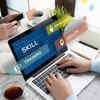
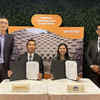
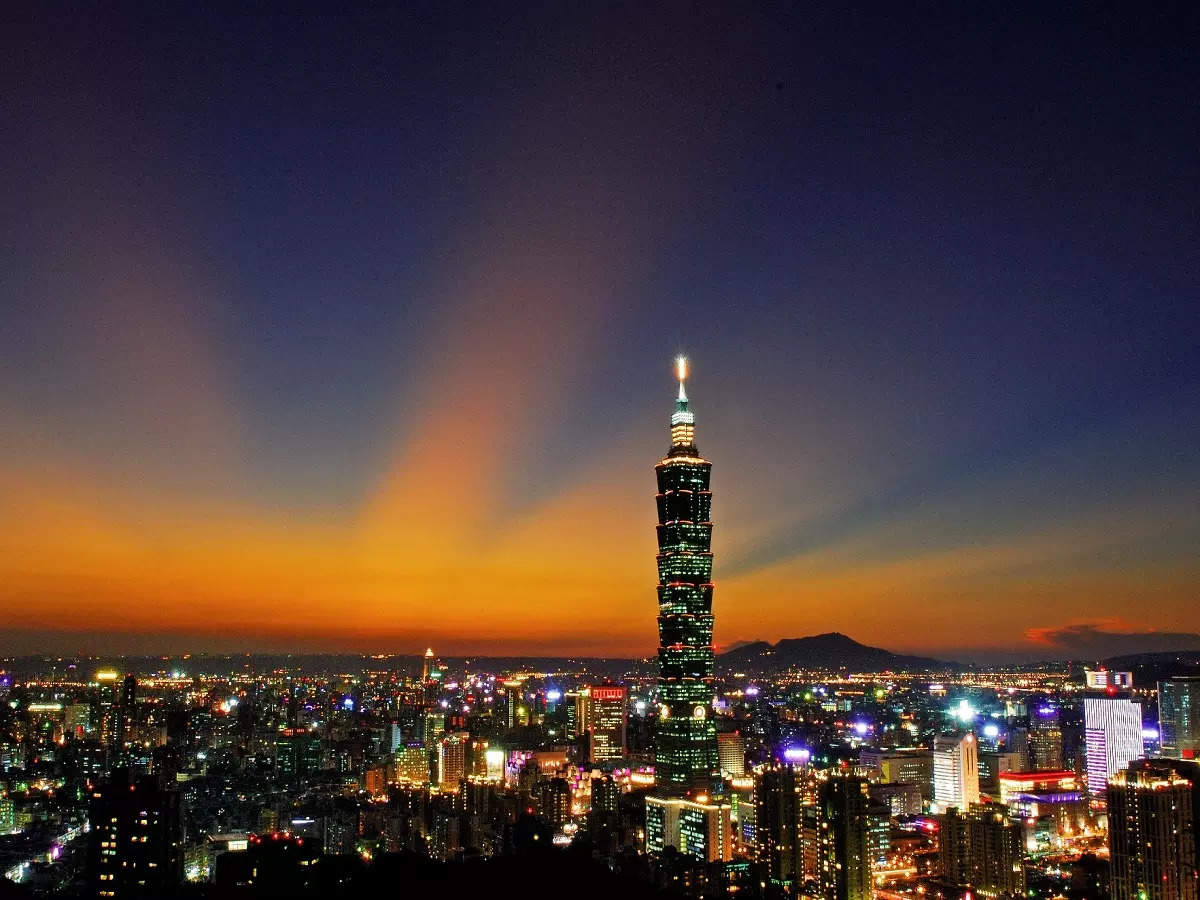


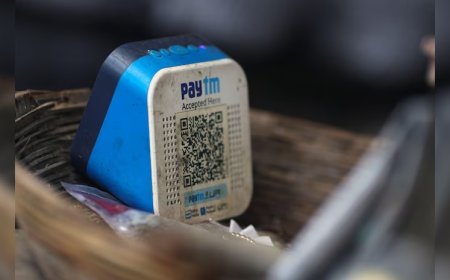
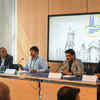
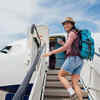

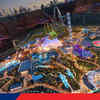


.jpg?#)
